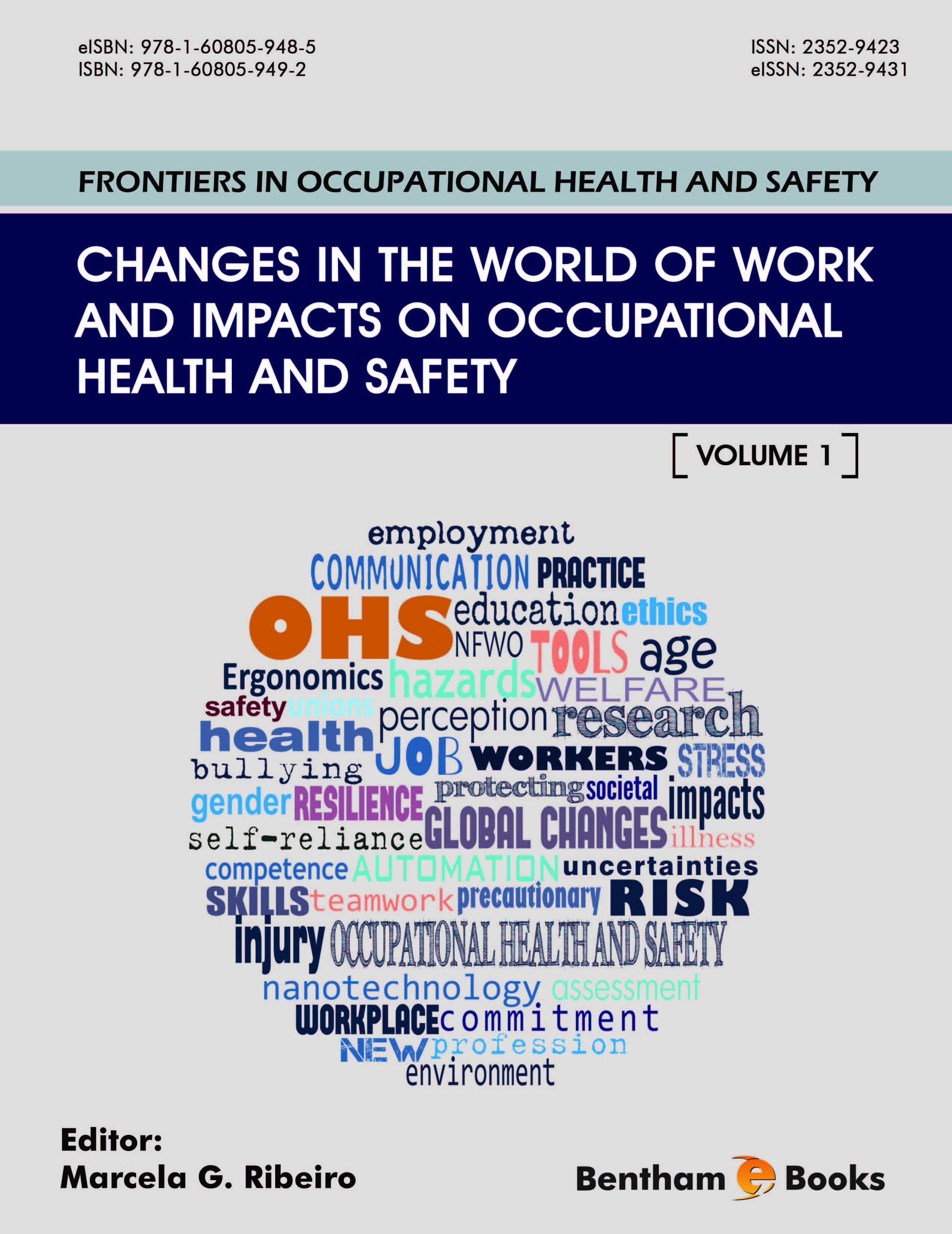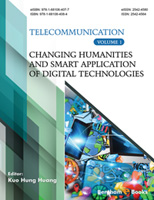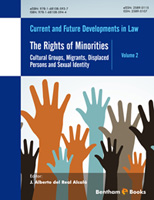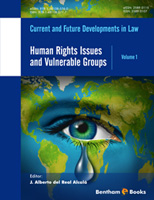Preface
This is the first issue of the upcoming series entitled Frontiers of Occupational
Health and Safety. The first volume, Changes in the World of Work and Impacts
on Occupational Health and Safety, will focus on certain aspects of how the
global economic, political, and cultural changes have reshaped the world of work.
The book begins with a discussion on the changes in work organization and their
impacts on occupational safety and health. Some of the main aspects of new
forms of work organization (NFWO) are presented. Dias and Lima propose that
within NFWO there may be some paradoxes that workers are subjected to deal
with. As a consequence of the performance control present in management
systems of global organizations, as a NFWO, new work pathologies emerge,
psychological ones, ordinarily named stress.
As a consequence of the fast technological development within processes and
products, new risks emerge in the workplace. In such context, Martins and Dulley
present a broad reflection of the impacts of new risks into workers’ universe,
using nanotechnology as a backdrop. Nanotechnology encompasses an
extraordinary diversity of technological approaches currently under development.
This has created a relatively new industry. The goods being produced and
introduced into the market are usually innovative and unfamiliar to most
consumers. It was identified as an important source of known and unknown risks,
and due to the increasing uncertainties posed by these technologies, regarding
unique challenges in occupational health and safety, as well as environmental,
legal, societal and ethical impacts.
At last, the changes in employment relationship; workforce demographics;
workplace environment; and work organization, among others, have profoundly
affected not only the working life, but also the structure of Occupational Health &
Safety (OHS) professions, and the role of OHS professionals within
organizations, workplace, workforce, and society. OHS professionals are and will
be a necessary part of doing business worldwide, as researchers, educators, or
practitioners. Ribeiro and Ventura seek to point out the concerning needs on OHS
professional competencies demanded by such changes. Rather than giving clear
and finite answers to such challenging questions, the authors invite reflections on
what are at stake regarding OHS professionals training and education, skills and
research.
There is much yet to be discussed regarding the frontiers of occupational health
and safety. This book gives the reader hints of the complex and broad world of
work universe.
Marcela G. Ribeiro, PhD
Fundacentro
São Paulo
Brazil





